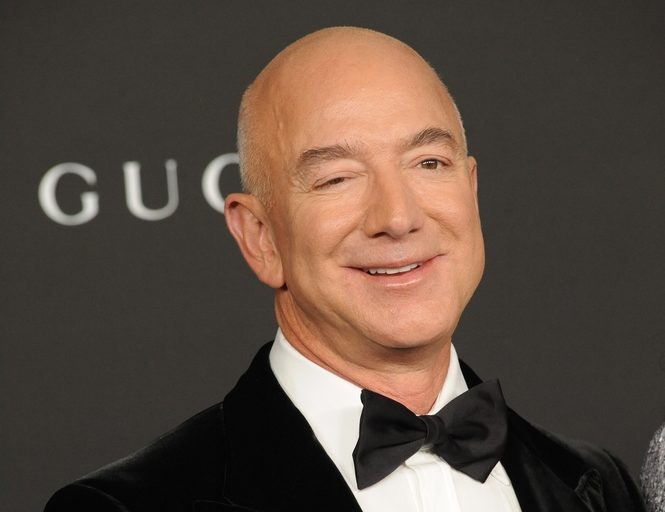Here’s Why Younger Tech-Savvy Accountants & Auditors Can Better Look After the Future of Your Business
Against the backdrop of evolving business demands and rapid technological disruption, the Robert M. Trueblood Seminars for Professors enhance accounting and auditing education to build the next generation of accountants and auditors to meet the needs of today's capital markets. For more than 50 years, the annual seminars, hosted by the Deloitte Foundation and the American Accounting Association, have provided cutting-edge resources and hundreds of case studies that keep university faculty and their students connected to the real-world issues and challenges currently facing the audit and accounting professions.
"The auditors of the future are not siloed to financial reporting," said Tonie Leatherberry, principal, Deloitte Consulting LLP and president of the Deloitte Foundation. "Future auditors will need up-to-date technical and data science skills to go along with their deep industry and cross-functional expertise. Moreover, they will need to sharpen their analytical skills and ability to interpret data, and demonstrate strong business acumen, superior communication skills and leadership. The Trueblood Seminars continue a long-standing tradition of assisting those charged with developing curricula that is futuristic and embodies the spirit of innovation."
This year's seminars marked a continued focus on audit innovation as technology continues to change the face of the profession. The proliferation of data analytics and artificial intelligence has enhanced the audit process and has helped open the door to transforming the manner in which an audit is conducted. The result is a new type of auditor and deeper insights that can benefit companies being audited and provide value to capital market participants. Additionally, there is an appreciation among business leaders for the opportunities audits can provide to help companies improve business performance.
Participants analyzed case studies on leasing arrangements, accounting for cross-hedging instruments, business combinations, revenue recognition, and understanding and evaluating control deficiencies during an audit, among others.
"Case-based discussions are a critical component of the seminars because they present realistic, complex, and contextually rich situations that encourage critical thinking and professional judgment," said Michael Iselin, 2017 Trueblood co-chair and accounting professor at the University of Minnesota. "Faculty are able to return to their universities and use Trueblood case studies as an excellent tool to foster critical thinking skills in the classroom."
More than 2,100 professors from across the country are registered users of the Trueblood case studies.
The 2017 Trueblood Seminars were held at Deloitte University in Westlake, Texas. More than 60 leading accounting and auditing educators and professionals attended the February and March sessions. The program featured guest speakers from the Financial Accounting Standards Board, accounting professors from several colleges and universities, plus Deloitte subject matter leaders. Deloitte professionals also discussed innovative audit technology and approaches, and shared their experiences through the case studies to illustrate the evolving skillsets needed in the field.
"The skills required to complete a high-quality audit five to 10 years ago are not the same as the skills you need today," says Leatherberry. "It's an exciting time for educators to encourage tech-savvy audit professionals to join the wave of innovation as 'big picture' thinkers."
Through this lens, the Trueblood Seminars continue to give accounting and auditing professors curriculum resources they need to educate the auditors today's business world demands.
The Robert M. Trueblood Seminars have been held annually since 1966 under the auspices of the Deloitte Foundation. In 1975, the American Accounting Association joined the Deloitte Foundation in administering the seminars. Through the years, more than 2,400 professors have attended the program.
(Source: Deloitte)













